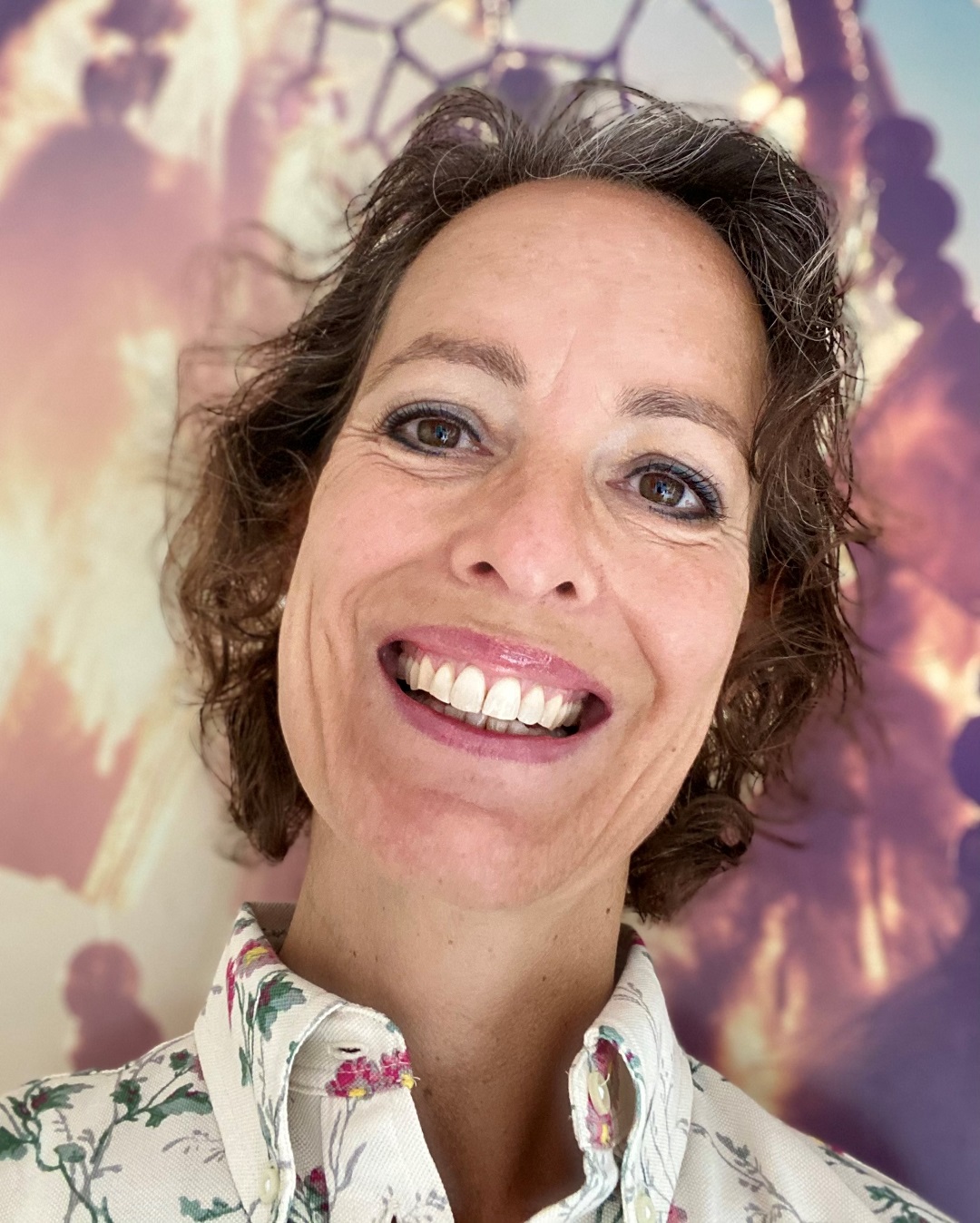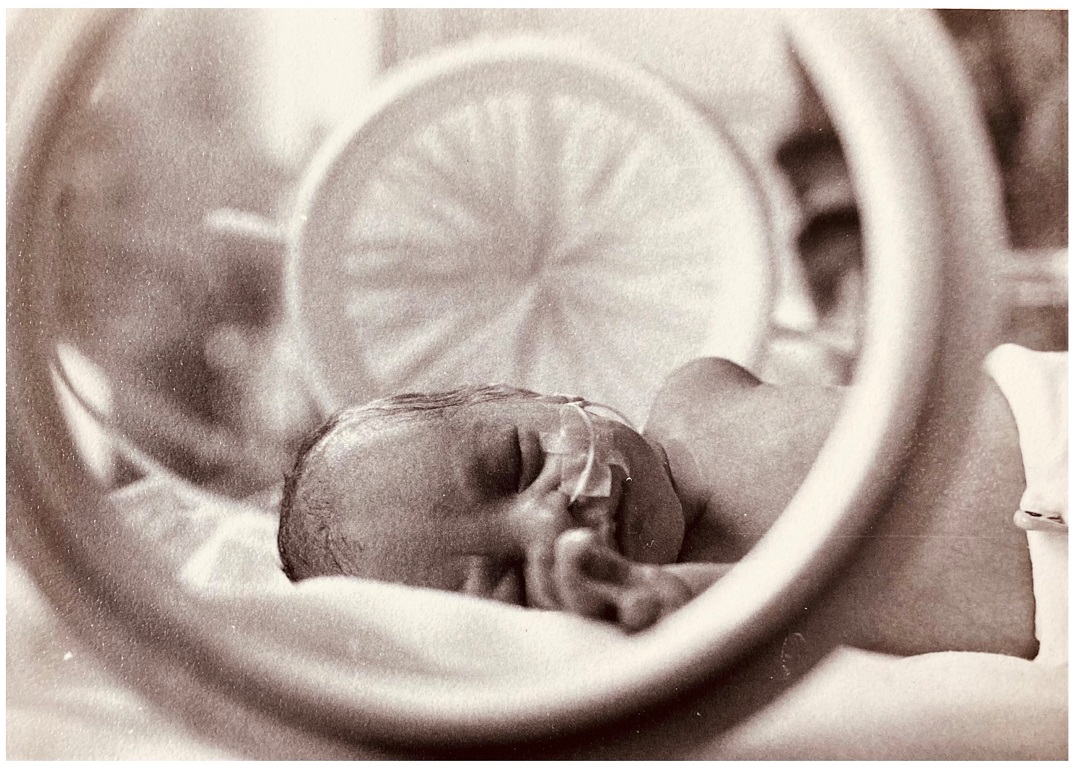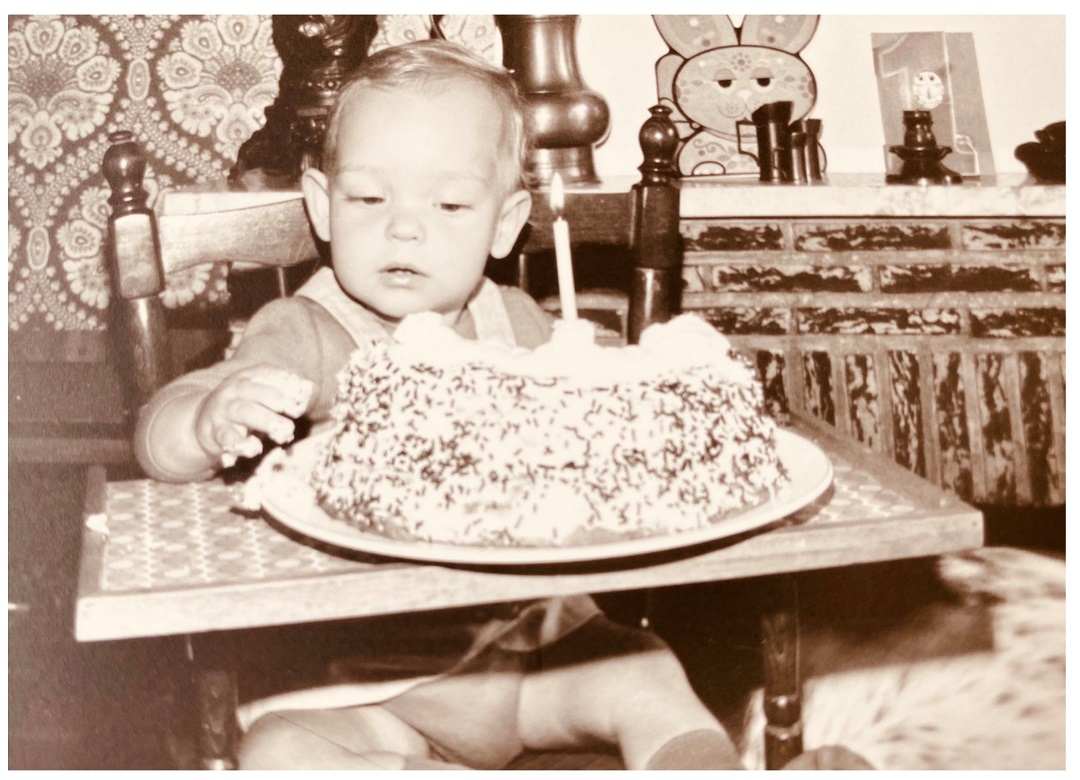Pregnancy Complications
Infant- and Family-Centered Developmental Care
Respiratory Infections
Neonatal Eye Health
Hygiene
Rare Diseases
In this heartfelt interview, Ingeborg Anna Martens reflects on her experience as a former preterm baby who was separated from her parents at birth—a common practice in the 1970s that still persists today. She shares how early separation shaped her emotional development, sense of safety, and relationships throughout life, and how healing came through self-awareness and connection. Her story powerfully reinforces the message of our “Zero Separation. Together for Better Care” campaign: babies and parents must stay together—right from the start—for lifelong health and well-being.

Ingeborg Anna Martens was born in gestational week 30/31 in the 1970s. As was common practice at the time, she was separated from her parents, who could only “visit” her in the ward and look at her from a distance—for about two months. Over the years, Ingeborg has reflected deeply on the long-term impact her preterm birth and early separation had on her, her sense of self, and her relationships with others. In this interview, she shares with us how she has emerged stronger from the past, moving forward with courage and self-acceptance.
Question:
Since the outbreak of the COVID-19 pandemic, many hospitals and neonatal intensive care units (NICUs) have introduced or reintroduced the practice of separating preterm and sick newborns from their parents, allowing only very limited contact—or none at all.
As someone who was born preterm and experienced separation from your parents, how do you feel when you hear or read about this practice?
Ingeborg Anna Martens:
Absolutely, this triggers something in me. I understand that during a pandemic, choices have to be made and safety must come first. But separating parents from their child also creates a deep sense of insecurity—a feeling of being unsafe. For a child, this can leave lifelong emotional scars.
Knowing this fills me with sadness and heartache.
Question:
You were separated from your parents for two months after your birth. Looking back, do you feel this had lasting consequences—for example, on your emotional development or on interpersonal relationships, such as the one you had with your parents?

Ingeborg Anna Martens:
In life, we each take our own journey, with our own desires, needs, and ideals.
A common thread throughout mine has been my health. Even as a child, I would often say, “Wouldn’t it be wonderful if my body could be baked over again?” From a very young age, I had a strong drive to get things done. I was a hard worker, eager to do well and prove—mostly to myself—that I could do it.
Was it an urge to prove something? Yes, I think so. But it was also a deep need to be seen, heard, and understood. To feel loved, even though deep down, I didn’t always believe I was.
I realized early on that body and mind are connected. I have enormous willpower and feel blessed with a strong, positive mindset. And yet—why has my body, at times, overpowered my mind?
Only after many years did I fully recognize how much my premature birth and time in the incubator impacted my life. For a long time, I didn’t want to face that truth. But I’ve come to understand that emotional connection and unconditional love are at the core of our basic trust and our sense of existence.
During my time in the incubator, my parents were only allowed to admire me from a distance—and so they did. There was no touch, let alone skin-to-skin contact (except for physical contact during medical procedures, of course). So any form of emotional nourishment was basically out of the question. Fortunately, this was later partially repaired, and some of the gaps in my attachment web were mended.
Even though I grew up in a safe home, I believe that, looking back, I spent much of my life simply surviving—living in survival mode.
Over time, I’ve taken many steps forward. I’ve gathered knowledge to help me move beyond survival, especially by learning about how our stress system works. This helped me become more aware, and I’ve worked through it—mostly on my own, but I’ve also asked for help. Because we don’t have to do everything alone.
I’ve mapped out my birth, my unmet needs, connected with my body memory, allowed myself to fully feel, and had several meaningful conversations. Thankfully.
I became aware of various triggers that still occasionally activate my survival response. When that happens, I go into a kind of mental rigidity. Through bodywork and meditation, I’ve learned how to reconnect with my heart, soul, and body, and how to relax. That has been incredibly healing.
From fear and freezing to trust and letting go. Thanks to this inner work, I’m now able to protect my boundaries more effectively—I no longer let others cross them so easily. I’ve learned to claim my space without feeling guilty. I matter as a person. I am safe. Because in the end, it’s all about feeling safe and comfortable with and within yourself.
As a result, I feel the love within myself again, the love of others, and I feel welcome in this world. Not always, not yet every day—but we all keep learning, through trial and error, for a lifetime.
Question:
You were born preterm in the 1970s, when it was very common to restrict parental access to their newborn. Today, we see that in many hospitals, similar practices are still—or once again—being used, just like 40 years ago.
What lessons do you think neonatal units and hospitals should take from the pandemic?

Ingeborg Anna Martens:
I believe it’s important to think in terms of possibilities and solutions, even in challenging times like these. The first 1,000 days of a child’s life are crucial for their future.
A secure attachment, and feeling seen, heard, loved, and understood—these are essential building blocks for a strong bond between infant and parent.
No matter how small you are, your early experiences and impressions are stored in the brain. You can’t put them into words yet, but the body remembers. This can create stress and impact both emotional and physical development.
I always say: “You always take yourself with you.” Whether as a child, a parent, or even in your role as a professional—be aware of your own emotions and stress.
Individualized developmental care should be a cornerstone in the care of sick and/or preterm babies. It focuses on the needs of each individual infant and their relationship with their parents. (That means: No separation!)
With an optimal start, we can prevent a lot of suffering later on—not just during the hospital stay, but also after the baby comes home. We should aim to give every child and every family a true “soft landing.” Connected—no matter how or where your life begins.
Thank you, Ingeborg Anna Martens, for your time and for so openly sharing your experience and insights with us.
Find her blog here: www.ingeborgannamartens.nl
© 2025 GFCNI. All Rights Reserved.